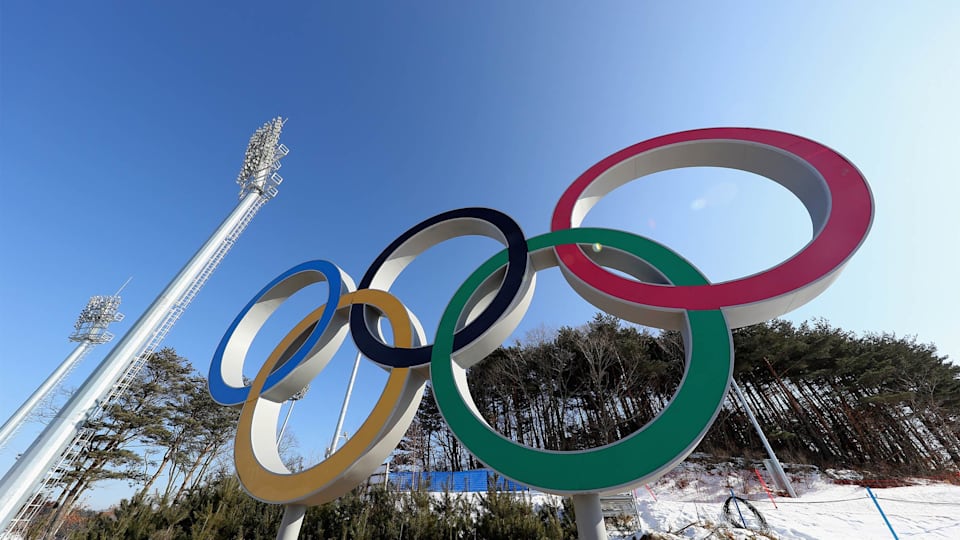Independent research conducted on behalf of the IOC demonstrates global strength of the Olympic values
The Olympic rings remain one of the world’s most widely recognised symbols, with nine out of 10 people correctly identifying the symbol when shown it, according to consumer research conducted following the Olympic Winter Games PyeongChang 2018. The Olympic rings also outperformed other globally recognised symbols across a range of values, including “Global”, “Diversity”, “Heritage and Tradition”, “Inspirational”, “Optimistic” and “Inclusive”, as well as the Olympic values of “Excellence” and “Friendship”.

With regard to the IOC, when given a selection of choices, respondents around the world identified “promoting peace through sport” as the organisation’s most important role, followed by “promoting sport and its benefits, including a better quality of life, for all”, “running global initiatives, which mix culture and sport, to improve people's understanding of the Olympic ideals”, “social development through sport” and “leading the Olympic Movement”.
The research also demonstrated that the Olympic Games continue to be the most appealing sports and entertainment property in the world. Some 93 per cent of respondents were aware of the Olympic Games – more than any other major sporting or entertainment event. The Games also scored highest for appeal, with a mean rating of 7.5 out of 10.
The major global study, conducted by Publicis Sport & Entertainment in March 2018, surveyed 36,000 people, aged from 13 to 65, in 16 countries.
When looking at the Olympic Winter Games PyeongChang 2018 specifically, the study found that 65 per cent of people considered the Games to have been a success, with this figure rising to 75 per cent among respondents in the Republic of Korea. The average “enjoyment” score amongst South Korean spectators for the PyeongChang 2018 experience was 9/10.
The opportunities and benefits of hosting the Olympic Games were also widely acknowledged in the study, with 77 per cent believing that staging the Games leaves the host with many benefits and 72 per cent stating that hosting the Games is an opportunity for economic development.
Reflecting on the results of the study, IOC President Thomas Bach commented: “The Olympic Winter Games PyeongChang 2018 were a success in so many respects. This latest research clearly demonstrates the strength of not only the Olympic Games, but also the Olympic values. In today’s fragile society, it is heartening to see that people still recognise the significance of these values and look to the IOC to bring the entire world together in peace.”
The global impact of the Olympic Winter Games PyeongChang 2018 was underlined by record broadcast coverage and a massive increase in digital viewership, continuing a trend witnessed at recent Games.
According to a global broadcast report, also published by Publicis Sport & Entertainment, more than a quarter of the world’s population (1.92 billion people) watched coverage of the Olympic Winter Games across various media platforms, with the huge advances in digital coverage making these the most digitally viewed Olympic Winter Games ever.
In total, the IOC’s various broadcast partners around the world made more coverage available from PyeongChang than any previous Olympic Winter Games, with output across linear and digital platforms increasing by 38 per cent from Sochi 2014.
In particular, there was huge growth in the amount of digital coverage available on the websites, apps and social media channels of Rights-Holding Broadcasters (RHBs), resulting in a 62 per cent increase from Sochi 2014.
This increased digital coverage received a total of 3.2 billion video views – more than double the number of digital video views recorded during Sochi 2014.
“By embracing the digital age, we have been able to offer Olympic fans around the world new ways to experience the Olympic Games while also reaching out to the younger generation more than ever before,” added President Bach. “As this research shows, we are not only successfully communicating the sports excellence and the athletes’ achievements, but also the Olympic spirit and what it means.”